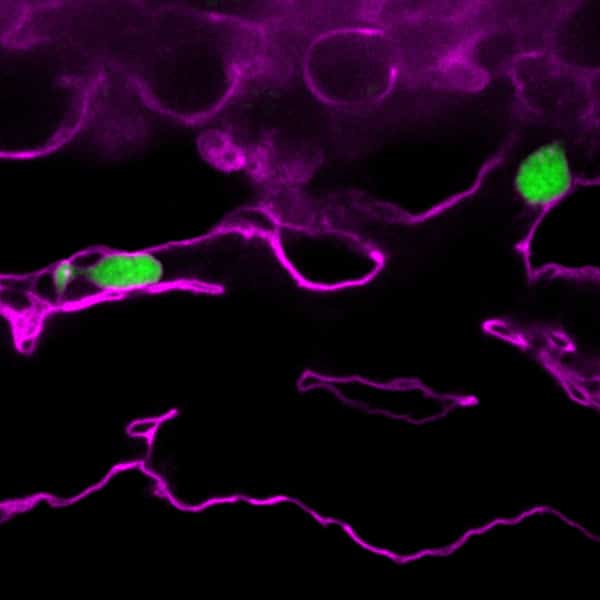Description
During this course, you will explore examples of engineered models, enabling you to study human disease and to understand the merits and drawbacks of many of the cell and animal models available to researchers. There will also be opportunities to discuss the ethics of using animal models and the potential of genomic engineering to alter human genomes.
Learn from leading experts in genomics about:
- Why animal and cellular models are necessary for studying the functional genomics of human disease.
- The different model systems available for studying human disease.
- How to manipulate gene expression in a variety of model systems.
- The genome engineering techniques available, how to design associated reagents, and how to use them.
- The ethical considerations associated with animal models and genome engineering.
- How to use literature and online resources to access information on disease modelling and genomic engineering.
- How to apply knowledge of model systems and genome engineering to critically analyse published data and to design experiments.
Learning outcomes
By the end of this module you will be able to:
- Use advanced knowledge in how to manipulate the genomic sequence and gene expression of cell and animal models to evaluate models of human disease.
- Use advanced knowledge in how to manipulate the genomic sequence and gene expression of cells, animals and humans to evaluate therapeutic treatments for inherited human disease.
- Describe and critically evaluate a range of contemporary genomic technologies to alter the sequence and expression of genes.
- Debate the ethical arguments about the use of animal models to study human disease and the ethical concerns about being able to alter genomes in vitro and in vivo.
- Critically evaluate the methods and technologies used to generate model systems of inherited human diseases.
- Critically evaluate the methods and technologies used to generate therapies employing altered gene expression for the treatment of inherited human diseases.
- Review and critically analyse the scientific literature relevant to model systems and genomic engineering pertinent to inherited human disease.
- Present a case from the literature on a model system, or treatment, of an inherited human disease.
- Use web-based tools to design regents to alter the expression of genes or genomic sequence.








